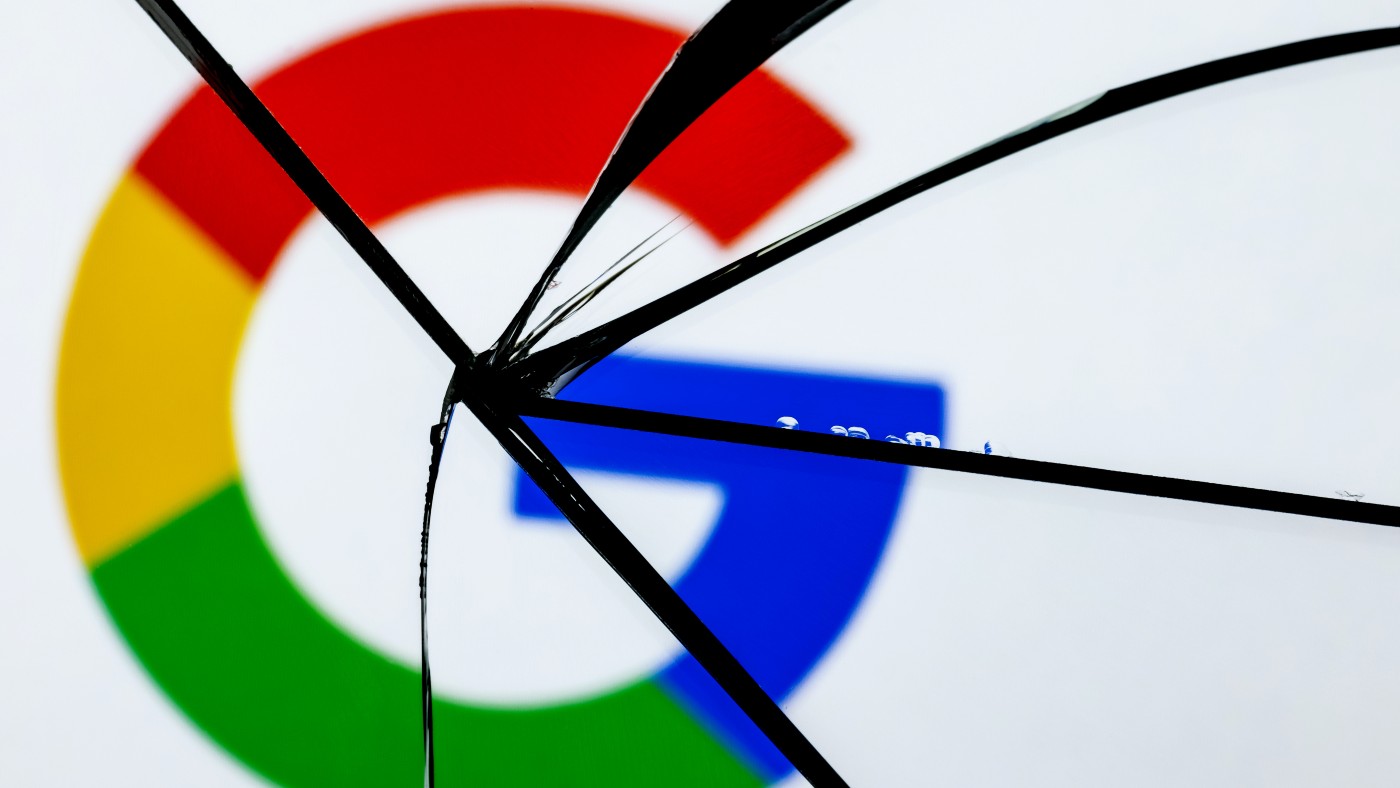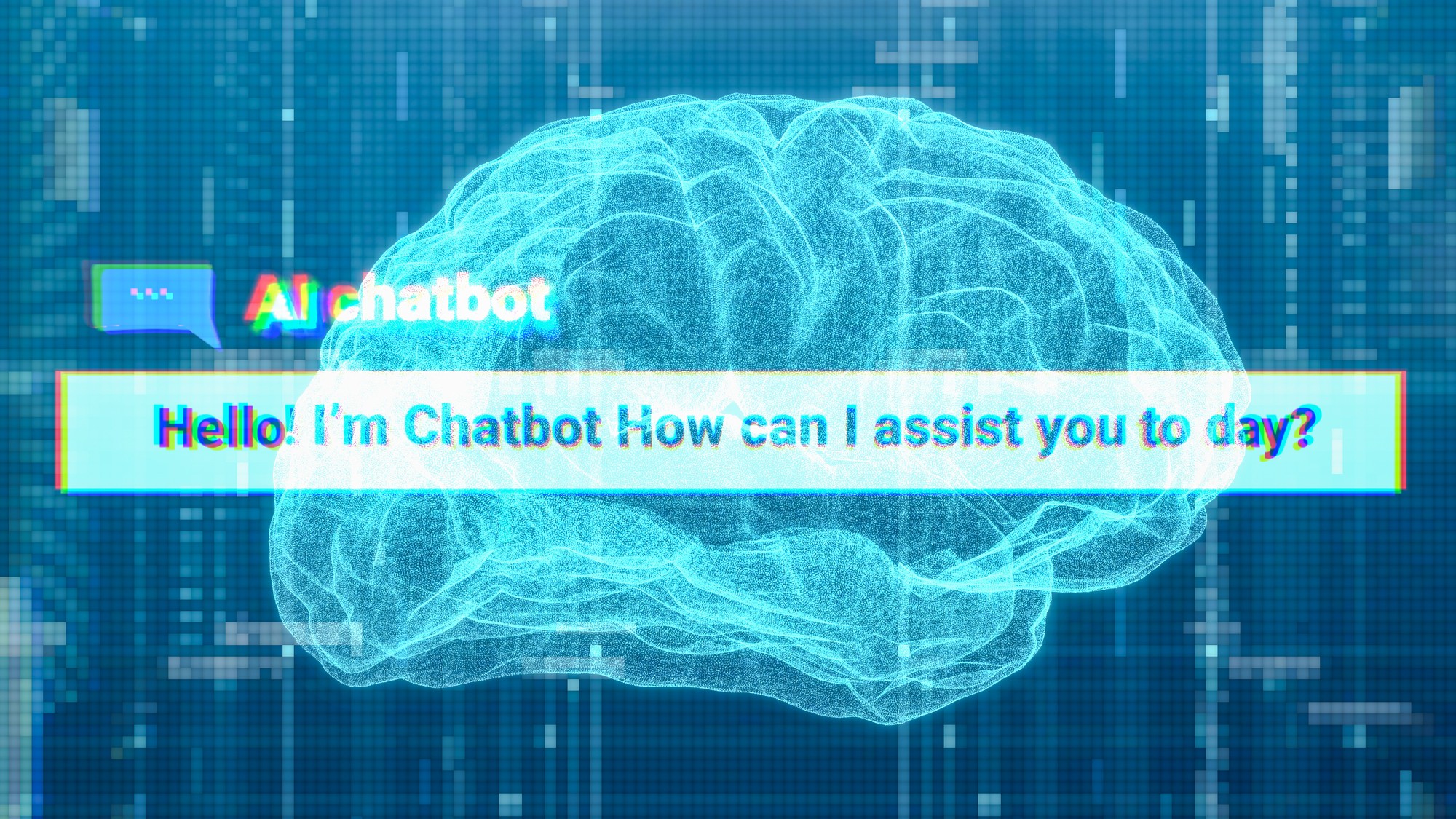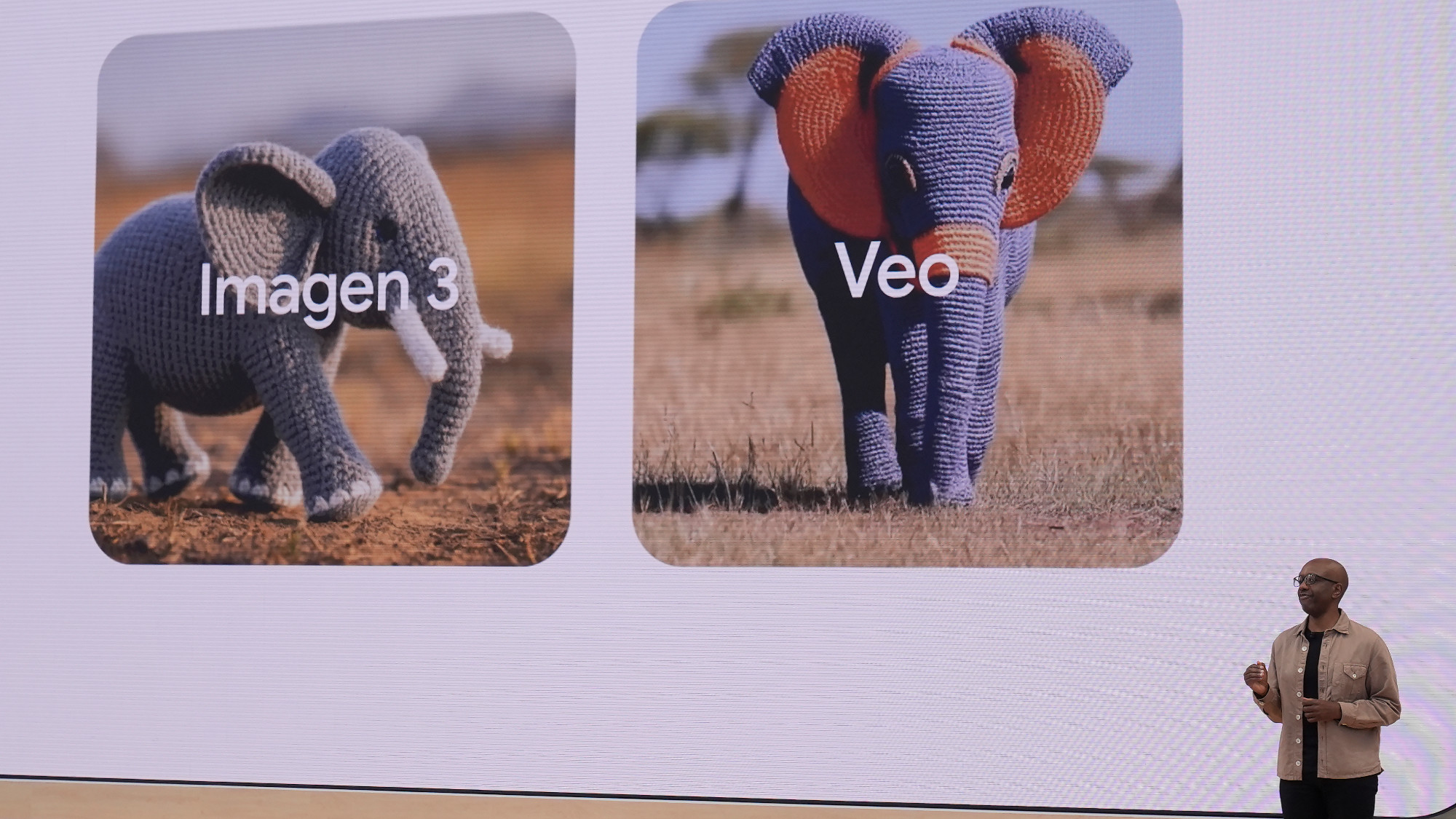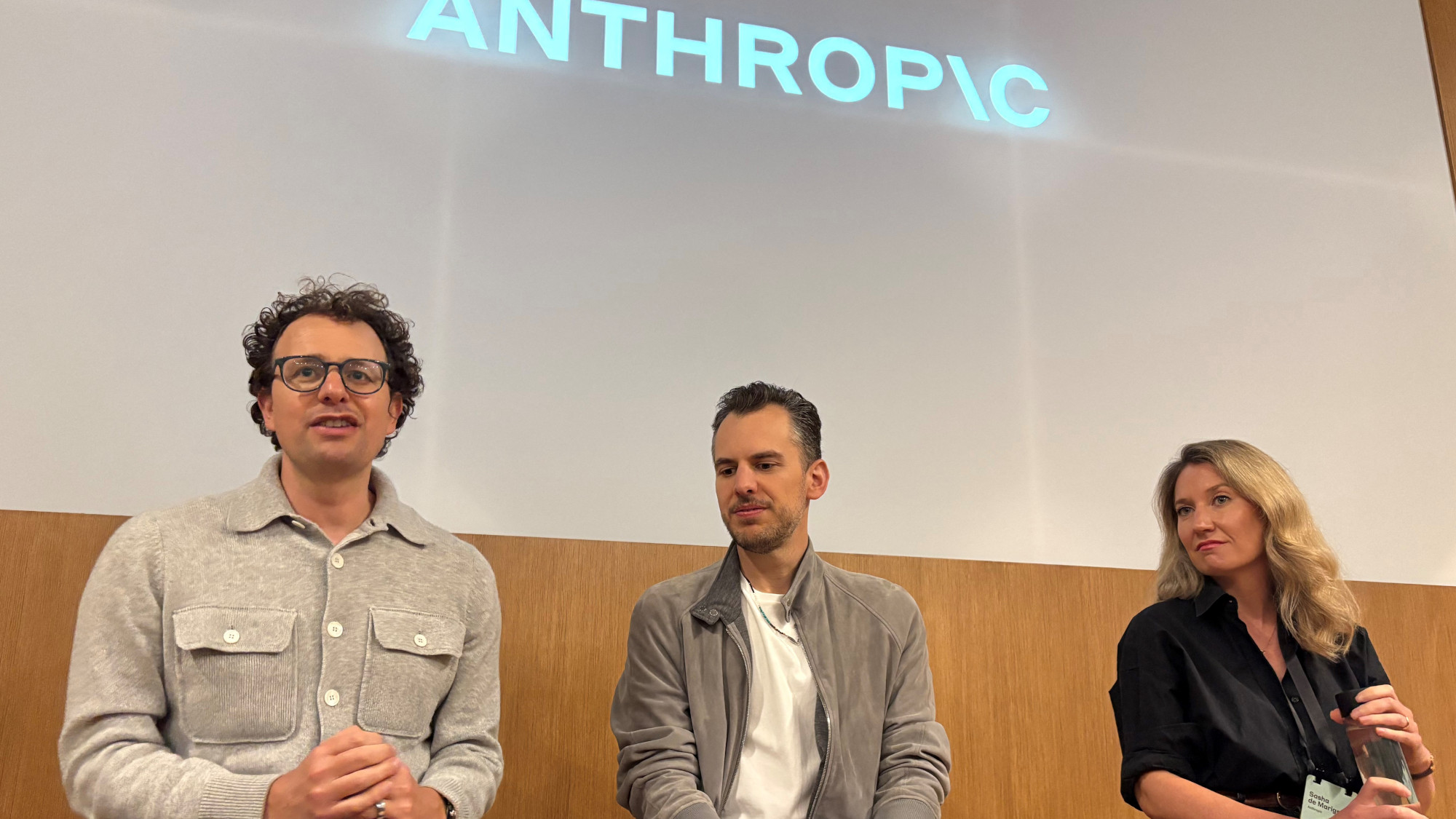Perplexity AI: has Google finally met its match?
Generative AI start-up provides fast, Wikipedia-like responses to search queries

Google's domination of the search engine sphere is facing a fresh challenge in what commentators have described as a face-off on the lines of "Martin Luther taking on the Catholic Church".
Starting a search business has long "been a nearly impossible hill to climb", said industry news site Digiday, because new contenders are "invariably up against" the "Mt. Everest" of Google. But a start-up called Perplexity AI is aiming to reach that peak by using artificial intelligence to offer answers to questions rather than simply links.
What is the new product?
Recently valued at $1 billion, Perplexity AI is the creation of Aravind Srinivas. After interning at OpenAI and Google's DeepMind, both of which became leaders in generative artificial intelligence, Srinivas co-founded his challenger tool, which provides fast, Wikipedia-like responses to search queries. So it's "bye bye" to the "10 blue links" of Google, said The Verge, and "hello direct answers to all my weird questions about the world".
Subscribe to The Week
Escape your echo chamber. Get the facts behind the news, plus analysis from multiple perspectives.

Sign up for The Week's Free Newsletters
From our morning news briefing to a weekly Good News Newsletter, get the best of The Week delivered directly to your inbox.
From our morning news briefing to a weekly Good News Newsletter, get the best of The Week delivered directly to your inbox.
By "gleaning answers from a variety of large language models, both closed and open-source", said The Economist, Perplexity AI "can take advantage of each model's analytical strengths", as well as "their varying pricing structures", to "improve performance and lower costs".
What do the experts say?
Srinivas has "openly thrown down the gauntlet to Google", said The Economist. "Upstarts are supposed to win over underserved customers with cheap, scrappy technology". But Perplexity, with a subscription model that may eventually include ads, "can be more expensive than Google and its answers tend to be far more polished (if not always accurate)".
The "thing you have to understand about a search engine", said The Verge, "is that a search engine is many things". People use Google to "find important and hard-to-access scientific information", but also to "find their email inbox, get to Walmart's website, or remember who was president before Hoover". Some people even type "google" into Google.
In other words, although we "mostly talk" about Google as a research tool, "in reality, it's asked to do anything and everything you can think of, billions of times a day". So "the real question in front of all these would-be Google killers" is "not how well they can find information" but rather "how well they can do everything Google does".
And Google keeps doing more. Alphabet, the owner of the search engine, has the "researchers and deep pockets" to continue improving generative AI search, said The Economist, and the computing costs of queries have fallen by 80% since they were first introduced.
Although the "10 blue links" of Google "isn't the answer for search", said The Verge, neither is "an all-purpose text box". Ultimately, "search is everything, and everything is search", so "it's going to take a lot more than a chatbot to kill Google".
All the same, the ongoing race to make that kill promises to be an entertaining one. It is a "given" that AI can "help search engines understand questions and process information better", but "can Google reinvent its results pages, its business model, and the way it presents and summarises and surfaces information, faster than the AI companies can turn their chatbots into more complex, more multifaceted tools?"
A free daily email with the biggest news stories of the day – and the best features from TheWeek.com
Chas Newkey-Burden has been part of The Week Digital team for more than a decade and a journalist for 25 years, starting out on the irreverent football weekly 90 Minutes, before moving to lifestyle magazines Loaded and Attitude. He was a columnist for The Big Issue and landed a world exclusive with David Beckham that became the weekly magazine’s bestselling issue. He now writes regularly for The Guardian, The Telegraph, The Independent, Metro, FourFourTwo and the i new site. He is also the author of a number of non-fiction books.
-
 Japan's surname conundrum
Japan's surname conundrumUnder the Radar Law requiring couples to share one surname hinders women in the workplace and lowers birth rate, campaigners claim
-
 How successful would Elon Musk's third party be?
How successful would Elon Musk's third party be?Today's Big Question Musk has vowed to start a third party after falling out with Trump
-
 Music reviews: Bruce Springsteen and Benson Boone
Music reviews: Bruce Springsteen and Benson BooneFeature "Tracks II: The Lost Albums" and "American Heart"
-
 The god in the machine
The god in the machineFeature An AI model with superhuman intelligence could soon become reality. Should we be worried?
-
 AI chatbots are leading some to psychosis
AI chatbots are leading some to psychosisThe explainer The technology may be fueling delusions
-
 Unreal: A quantum leap in AI video
Unreal: A quantum leap in AI videoFeature Google's new Veo 3 is making it harder to distinguish between real videos and AI-generated ones
-
 Will 2027 be the year of the AI apocalypse?
Will 2027 be the year of the AI apocalypse?A 'scary and vivid' new forecast predicts that artificial superintelligence is on the horizon A 'scary and vivid' new forecast predicts that artificial superintelligence is on the horizon
-
 College grads are seeking their first jobs. Is AI in the way?
College grads are seeking their first jobs. Is AI in the way?In The Spotlight Unemployment is rising for young professionals
-
 Disney, Universal sue AI firm over 'plagiarism'
Disney, Universal sue AI firm over 'plagiarism'Speed Read The studios say that Midjourney copied characters from their most famous franchises
-
 Learning loss: AI cheating upends education
Learning loss: AI cheating upends educationFeature Teachers are questioning the future of education as students turn to AI for help with their assignments
-
 AI: Will it soon take your job?
AI: Will it soon take your job?Feature AI developers warn that artificial intelligence could eliminate half of all entry-level jobs within five years